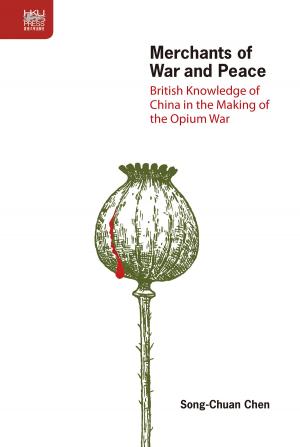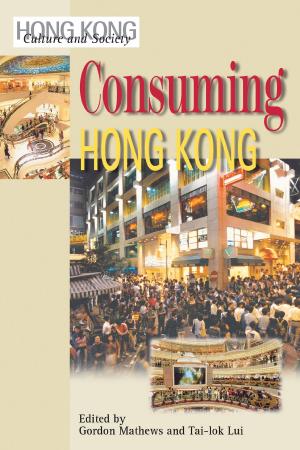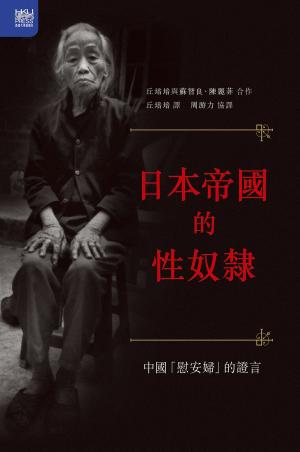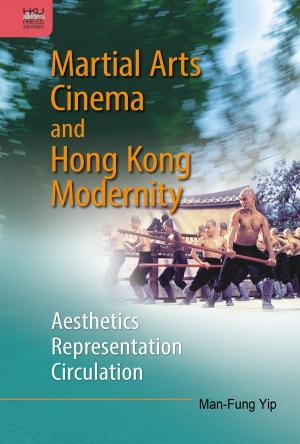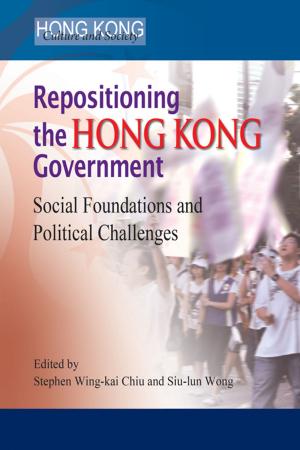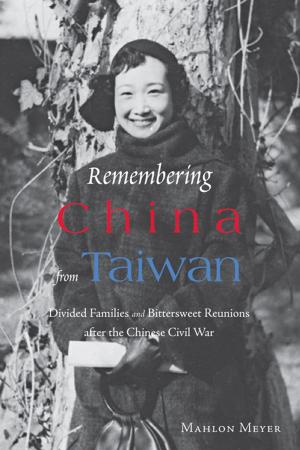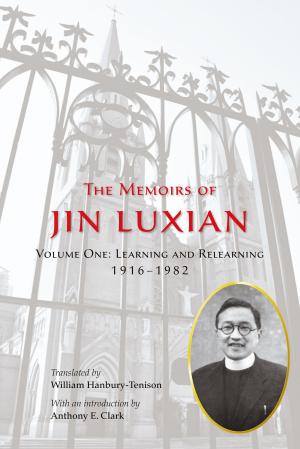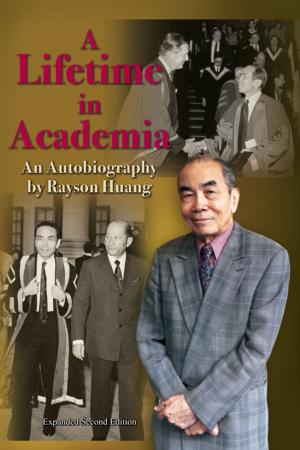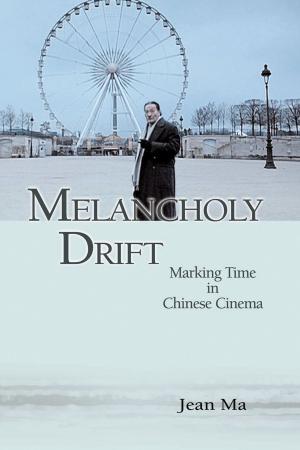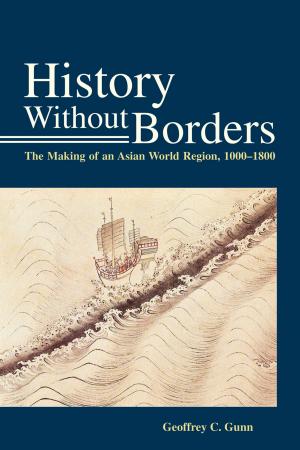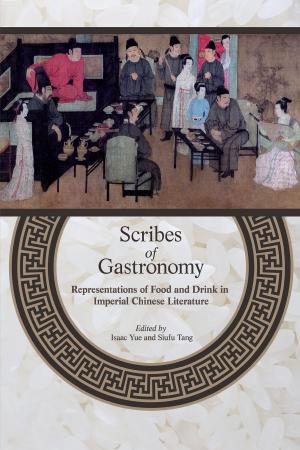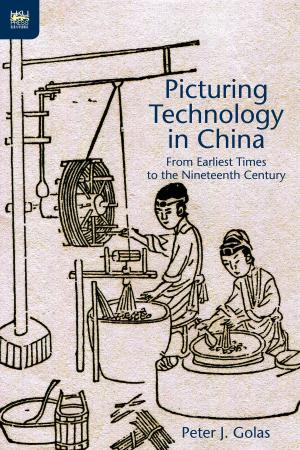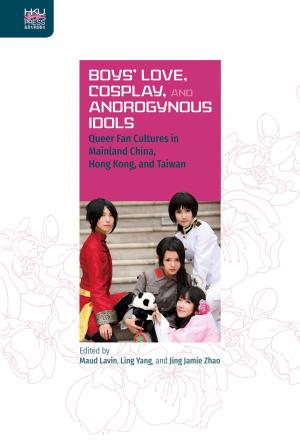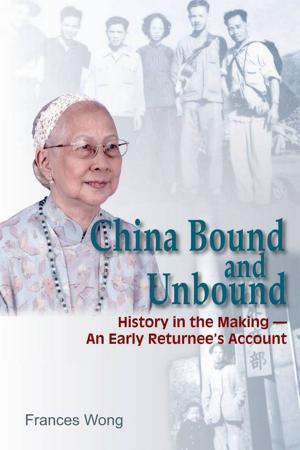| Author: | Hong Kong University Press | ISBN: | 9789882209152 |
| Publisher: | Hong Kong University Press | Publication: | December 15, 2009 |
| Imprint: | Language: | English |
| Author: | Hong Kong University Press |
| ISBN: | 9789882209152 |
| Publisher: | Hong Kong University Press |
| Publication: | December 15, 2009 |
| Imprint: | |
| Language: | English |
This collection of essays discusses the first commercial encounters between a China on the verge of social transformation and a fledgling United States struggling to assert itself globally as a distinct nation after the Revolutionary War with Great Britain. In early accounts of these encounters, commercial activity enabled cross-cultural curiosity, communication and even mutual respect. But it also involved confrontation as ambitious American traders pursued lucrative opportunities, often embracing British-style imperialism in the name of “free trade.” The book begins in the 1780s with the arrival in Canton of the very first American ship The Empress of China and moves through the nineteenth century, with Caleb Cushing negotiating the Treaty of Wangxia in Macao after the First Opium War and, at the century’s close, Secretary of State John Hay forging the Open Door Policy (1899). Considering Sino-American relations in their broader context, the nine essays are attuned to the activities of competing European traders, especially the British, in Canton, Macao, and the Pearl River Delta.
This collection of essays discusses the first commercial encounters between a China on the verge of social transformation and a fledgling United States struggling to assert itself globally as a distinct nation after the Revolutionary War with Great Britain. In early accounts of these encounters, commercial activity enabled cross-cultural curiosity, communication and even mutual respect. But it also involved confrontation as ambitious American traders pursued lucrative opportunities, often embracing British-style imperialism in the name of “free trade.” The book begins in the 1780s with the arrival in Canton of the very first American ship The Empress of China and moves through the nineteenth century, with Caleb Cushing negotiating the Treaty of Wangxia in Macao after the First Opium War and, at the century’s close, Secretary of State John Hay forging the Open Door Policy (1899). Considering Sino-American relations in their broader context, the nine essays are attuned to the activities of competing European traders, especially the British, in Canton, Macao, and the Pearl River Delta.


